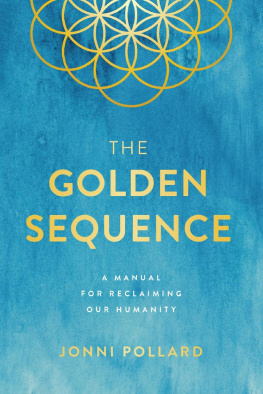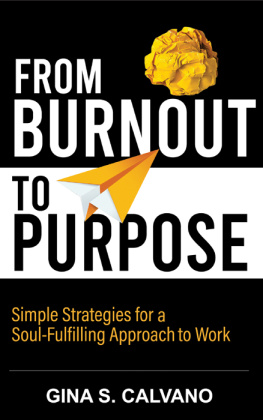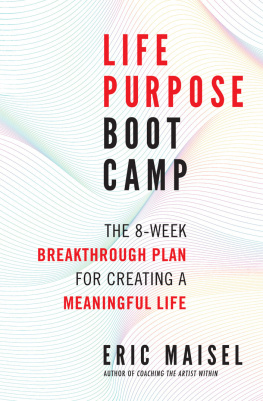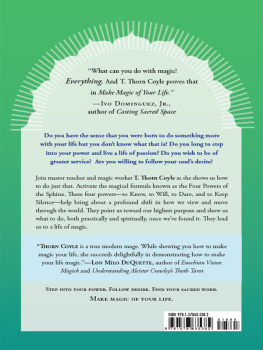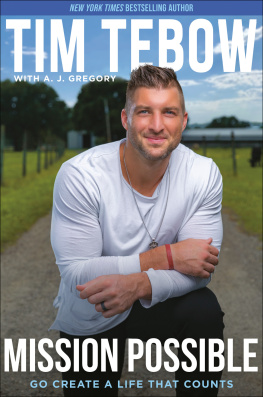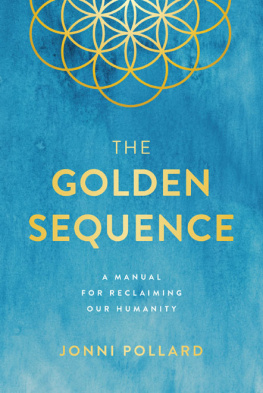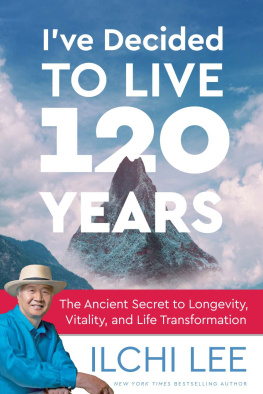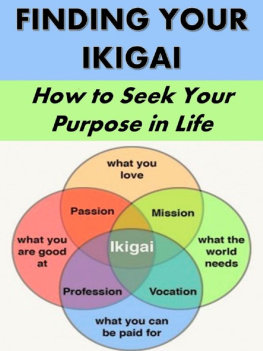

Copyright 2018 by Hey Little Buddy, LLC
All rights reserved. No part of this book may be used or reproduced in any manner whatsoever without written permission except in the case of brief quotations embodied in critical articles or reviews.

BenBella Books, Inc.
10440 N. Central Expressway, Suite 800
Dallas, TX 75231
www.benbellabooks.com
Send feedback to
First E-Book Edition: November 2018
Library of Congress Cataloging-in-Publication Data
Names: Pollard, Jonni, author.
Title: The golden sequence : a manual for reclaiming our humanity / Jonni Pollard.
Description: Dallas, TX : BenBella Books, Inc., [2018] | Includes bibliographical references and index.
Identifiers: LCCN 2018027322 (print) | LCCN 2018034947 (ebook) | ISBN 9781946885647 (electronic) | ISBN 9781946885333 (trade paper : alk. paper)
Subjects: LCSH: Self-actualization (Psychology) | Love. | Self-realization. | Alienation (Social psychology)
Classification: LCC BF637.S4 (ebook) | LCC BF637.S4 P65 2018 (print) | DDC 158.1dc23
LC record available at https://lccn.loc.gov/2018027322
Illustrations by Snowy Zhang
Editing by Leah Wilson, Hayley Lerner, and Karen Levy
Copyediting by Miki Alexandra Caputo
Proofreading by Sarah Vostok and Kim Broderick
Text design and composition by Aaron Edmiston
Cover design by Sarah Avinger
Printed by Lake Book Manufacturing
Distributed to the trade by Two Rivers Distribution, an Ingram brand
www.tworiversdistribution.com
Special discounts for bulk sales (minimum of 25 copies) are available. Please contact Aida Herrera at .
For my wife, Carla, and daughter, Saffira Devi.
Our love defines me.

CONTENTS

From my earliest memories, growing up in Sydney, Australia, I was really happy and uncomplicated. I loved life. My mom says that I had enough energy to power three full-grown humansGet down from there, now! was the constant chorus of my childhood. I was incapable of walking in a straight line and would spontaneously gravitate to the highest and scariest thing in my path to jump off. I felt safe and secure in belonging to my family.
Then, when I was seven, my parents divorced. It rocked me to my core. Something seemed to split deep inside of me. I loved both my parentsequally, as a unit. When they separated, my feelings became deeply complicated. It felt like my security in belonging to my family had been torn away and replaced by a cloud of anxiety and confusion.
After the divorce, I began to feel like an outsider in the world, despite a deep desire to belong to it. My sister and I spent most of our time at our neighbors house while my mum worked 8 AM to 6 PM as a solicitor each day, which only added to my increasing anxiety and sense that I didnt belong anywhere.
School was like fuel to the fire of my anxiety. I went to a Catholic primary school just across the road from my house. At an early age, I developed a deep fascination with the Bible and with the teachings of Jesus, which, at their core, reflected the way I felt about life. I loved learning about how important it was to care for one anotherto love and forgive. I remember finding a great deal of comfort and relief in these classes. Religious studies was my favorite subject, and I would always top my class every year. Despite my obvious passion for the subject, as Anglicans attending a Catholic school (although my family was not religious, it was a tradition that we were all christened within the Church of England), my sister and I were never fully acknowledged or embraced. We were excluded from the most significant religious events and ceremonies in humiliating ways. This made me feel ashamed about who I was and unworthy of belonging, and being rejected like this caused me a great deal of hurt and conflict. Jesus was all about unconditional love and about including people who were discriminated against. No one could properly explain to me why we had to be excluded from what appeared to the most important parts of connecting with his teaching. Over time, my anger at being rejected grew into cynicism. I felt like the only way I could feel OK about myself was to reject those people in return.
Through my rejection, I discovered a kind of power and the freedom to be myself. I stopped trying to make sense of the hypocrisy around me or to fit in and began to do my own thing. All I wanted was to ride my skateboard and paint on stuff. And the more I did my own thing, the more I stood out.
I began to realize there was something very different about me but didnt know what it was or why. My teachers and other adults would bombard me with their propaganda of fear designed to convince us kids to conform to their program (a program that everyone else seemed OK with): Get high grades or fail in life. Do everything youre told, or something terrible will happen to you. The relentlessness of these attempts at rigid control of the way we thought, behaved, and related to ourselves, and the heightened sense of anxiety and worry they relied on, felt manipulative and uncaring to me. I slowly began fortifying myself through my continued rejection of anything that attempted to impose its rules on me.
By the time I was sixteen, I realized that there was so much more to life than what I had been told. I knew I didnt want my life to be what the people around me told me it should look like. I just hadnt quite worked out what I wanted it to be instead.
It was around this time that I made a sincere commitment to only ever do what felt good to me, regardless of the warnings of others. After a few big conversations with my parents, despite them both, as academics, having walked very traditional career paths, they accepted that I was going to live life on my own terms. They knew it was going to be an uphill battle to try and get me to conform, and so they became a tremendous force of encouragement for everything I threw myself into (something that I have since come to see as a great act of wisdom and the greatest gift they have given me besides life itself).
Because of some serious good fortune (or karma, depending on your worldview) and the relentless mind-set of living by my creed of only doing what I loved, I managed to make a decent living as a professional inline skater, doing touring shows around the world, and as a lead in a hit TV series, Heartbreak High , that ended up being broadcast in over eighty countries. I also had a beautiful group of friends who were deeply connected to one another through our desire to live life on our terms.
Although mildly seduced by societys praise of my apparent success, I began to acknowledge a deep dissatisfaction within myself. Something big and important was missing. The anxiety of my younger years started to bubble to the surface again and began dominating my thoughts. My buoyant teenage rebellion was growing weary under the weight of the old and familiar ache to belong like I did as a child and to have deeper meaning and purpose in my life. To everyones dismay, I quit the TV show, just as it was peaking in popularity, and pulled off the skating circuit to dedicate my time to truly understanding how I could reconcile this conflict inside me.
Next page
